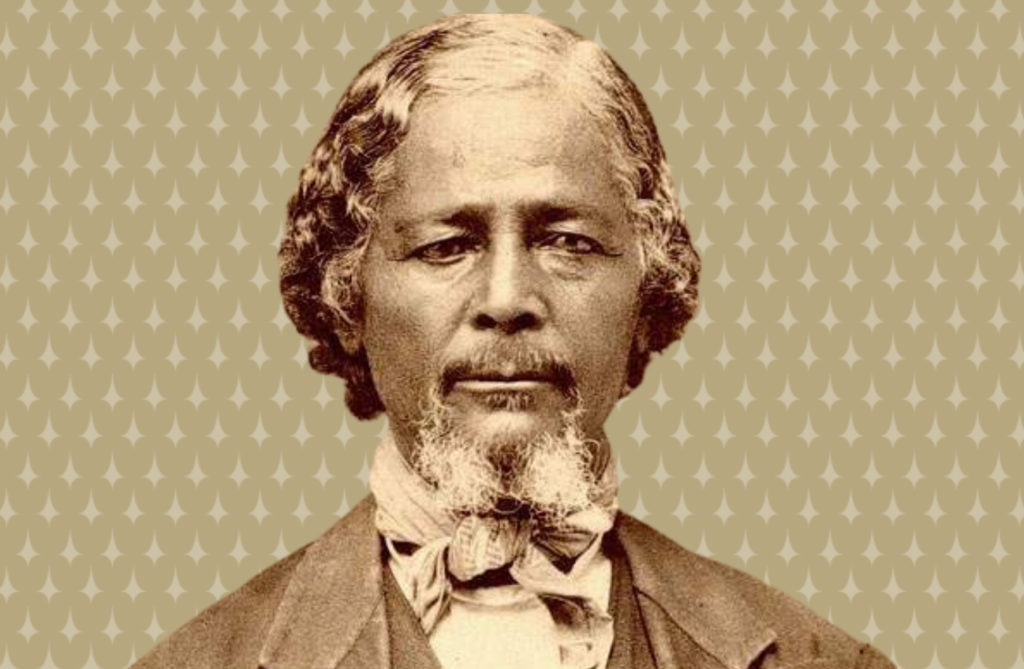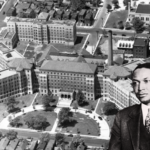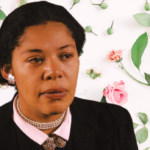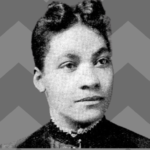Benjamin “Pap” Singleton was a formerly enslaved man who later became a businessman and advocate for African-American migration. After the Civil War, Singleton, who was born into slavery in Tennessee in the early 1800s, was granted his freedom. Passionate about bettering the lives of African-Americans, he rose to prominence in the Black economic empowerment movement.
He was a visionary businessman who saw the potential for African Americans to build prosperous businesses and amass wealth. He established several thriving businesses, including a lumber yard, a brick-making company, and an estate agency.
In the late 1860s, while he was selling his goods, Singleton became convinced that his mission was to help his people improve their lives and convince them to purchase farmland in Tennessee. Soon after, he shifted to a new strategy, advising them to relocate west to farm and acquire federal homestead lands.
In the early 1870s, he began exploring Kansas before returning to the south to organize settlement parties. In 1873, nearly 300 African Americans followed him to Cherokee County and established “Singleton’s Colony.” Other individuals would quickly relocate to the counties of Wyandotte, Shawnee, and Lyon.
By 1874, Singleton and his associates had founded the Tennessee-based Edgefield Real Estate and Homestead Association, which guided over 20,000 black emigrants to Kansas between 1877 and 1879.
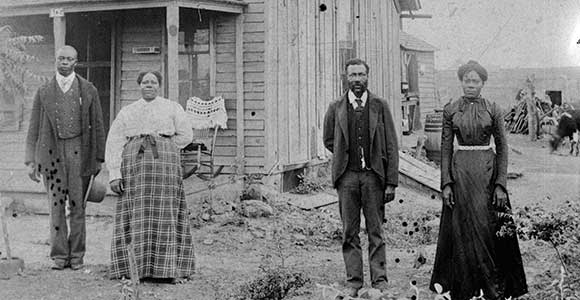
In 1880, Singleton was called to testify before Congress regarding the alarming exodus of Blacks from the South.
In 1881, he capitalized on his reputation to establish the Colored United Links in Topeka, Kansas. The objective was to pool all African-Americans’ financial resources in order to build Black-owned businesses, factories, and trade schools.
James B. Weaver, the presidential candidate of the Greenback Party, met with the organization to discuss the possibility of a merger. After 1881, membership declined, and the organization disbanded shortly thereafter.
Singleton’s prominence in the Black community was a result of his enterprise and advocacy. Respected for his wisdom, intelligence, and business acumen, he was also well-known for his unwavering commitment to improving the lives of African-Americans.
Despite his life and legacy being largely forgotten, Singleton’s entrepreneurial spirit and commitment to Black economic empowerment continue to inspire generations.
He remains an important figure in the history of African-American business and a prime example of how entrepreneurship can drive economic growth and create wealth for the Black community.

